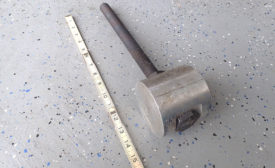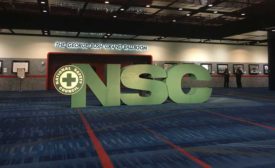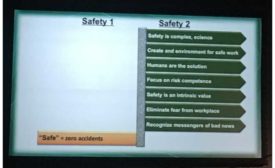Featured on Home Page
From the NSC show:
Statistics reveal workplaces still need safety improvements
October 23, 2018
From the NSC show:
Six safety professionals honored as NSC Congress begins
October 22, 2018
Become a Leader in Safety Culture
Build your knowledge with ISHN, covering key safety, health and industrial hygiene news, products, and trends.
JOIN TODAYCopyright ©2025. All Rights Reserved BNP Media.
Design, CMS, Hosting & Web Development :: ePublishing









